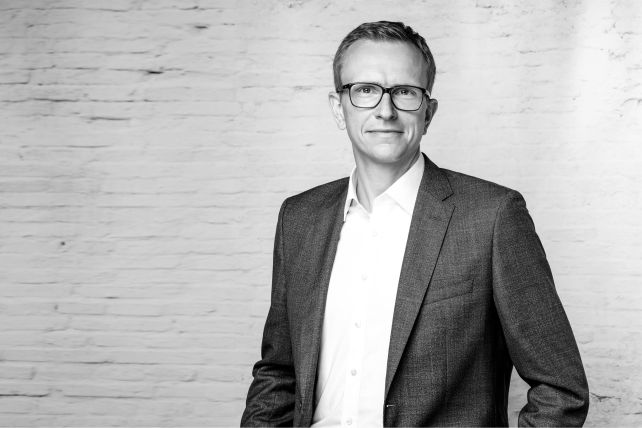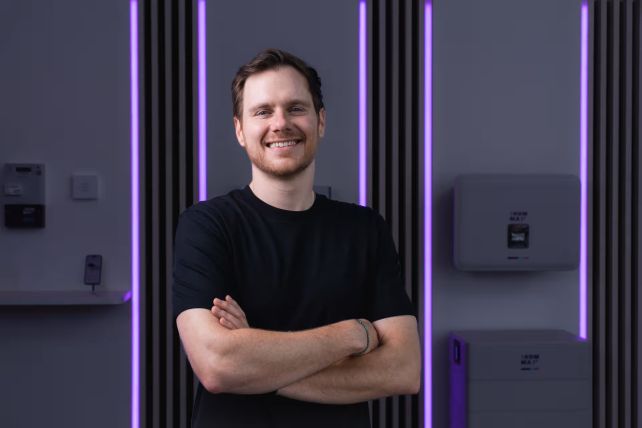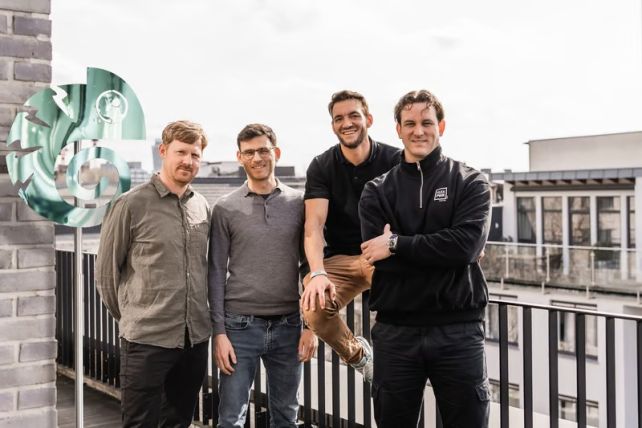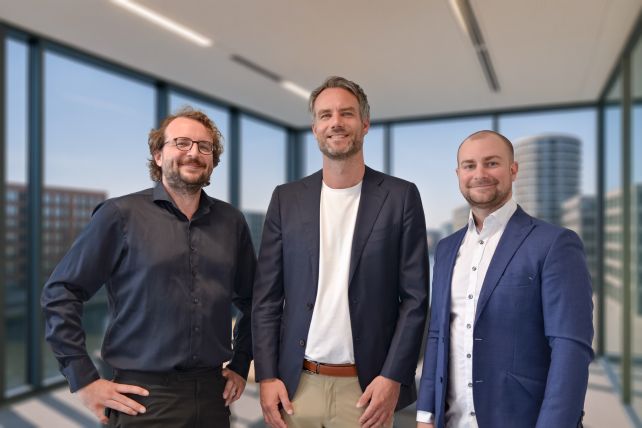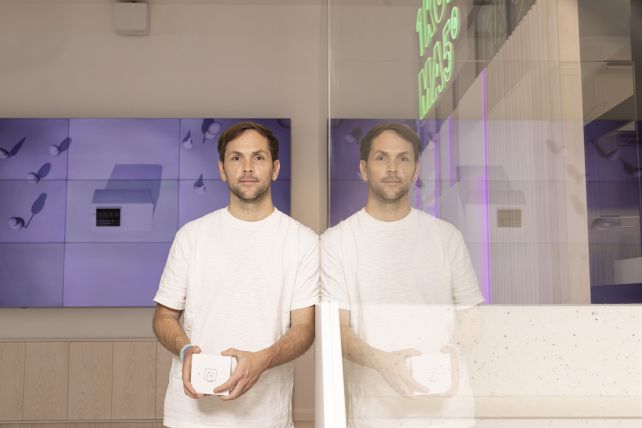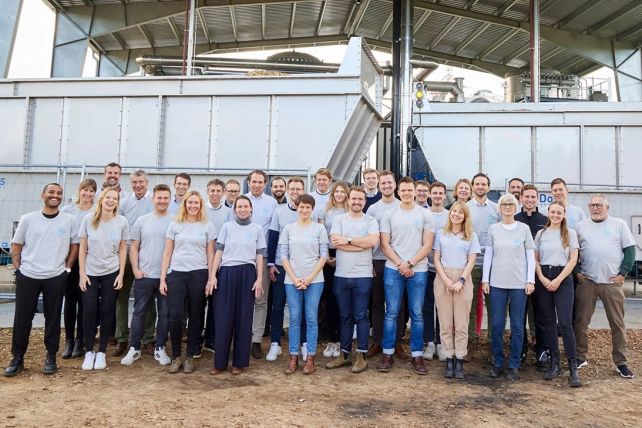Novocarbo: using coal to combat climate change
When it comes to climate protection, coal has no future. Unless it is biochar, such as that produced by the Hamburg startup Novocarbo. It is so climate-friendly that its manufacturing can even be combined with the issuing of carbon credits.
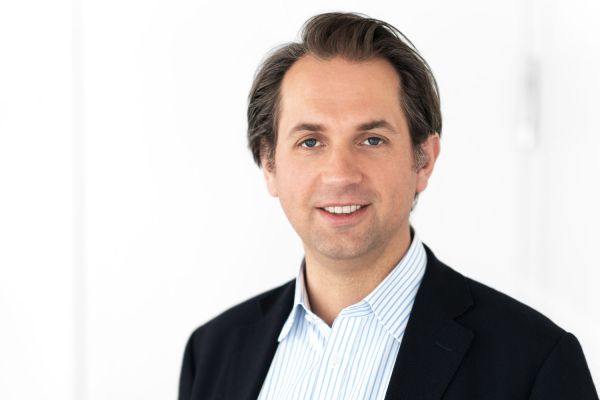
Novocarbo redefines an age-old craft
Caspar Ziegner, the founder of Novocarbo, first studied economics and then industrial engineering before working for the Dutch company Alliander for a good six years. His last position at the gas and electricity network operator was Head of Business Development. During this time, he came across the potential of biochar to reduce CO2 emissions rather by chance.
The production of biochar has a long history. A simple charcoal kiln dating back to the 8th century BC was discovered during excavations in the south of France. Therefor, Novocarbo provides first and foremost a modern and more sophisticated version of this traditional business. The process used then and now is called pyrolysis. In this process, organic compounds, are broken down at high temperatures and largely in the absence of oxygen. In contrast to incineration, the carbon is permanently bound in the biochar, an important aspect in the age of climate change.
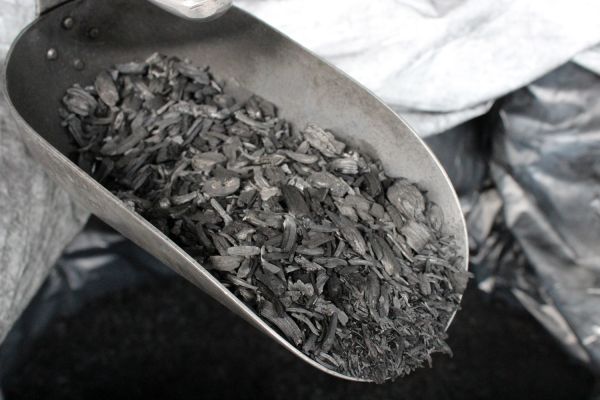
Biochar is versatile
CO2 is not only produced when organic, plant-based material is burnt, but also when it moulders. This naturally happens more slowly, but with the same result: carbon originally bound in the plants is decomposed and carbon dioxide is released into the atmosphere. This also applies to the residues from wood processing and forestry. This is precisely where Novocarbo comes in. It takes this supposed waste and turns it into versatile biochar. In principle, it can be produced from almost any type of plant residue and even from sewage sludge. However, Novocarbo focusses on wood and fruit stones, depending on what the biochar is used for.
Biochar is widely used in agriculture and in gardening and landscaping. It is not used directly as a fertiliser, but is an excellent water and nutrient reservoir and thus improves soil quality. For example, it has been proven to accelerate the growth of trees. It also fulfils its role as an additive in animal feed. Similar to charcoal tablets in humans, it helps against gastrointestinal diseases in cattle. Apart from that, there are numerous other possible applications; in June 2025, Novocarbo reported on a pilot project in which a proportion of biochar is added to asphalt.
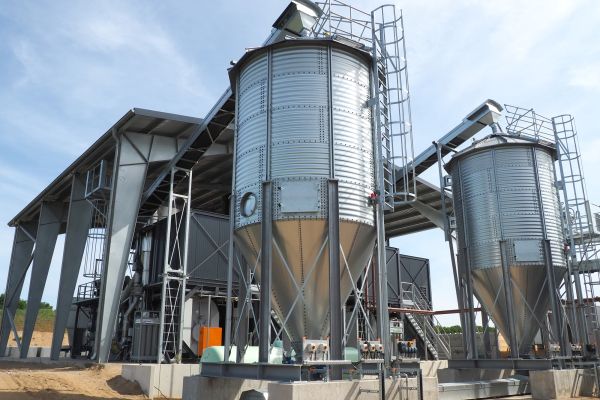
Novocarbo has three revenue streams with its own plants
The startup began in 2017 and was initially able to utilise the capacities of its main shareholder for production. One year later, it opened its first production facility, called Carbon Removal Park, in Dörth in Rhineland-Palatinate. The technology there comes from the company PYREG, which specialises in pyrolysis. Novocarbo is open for other technologies as well und will use the them in future projects. The plants work so efficiently that they emit heat that can be useful for municipal utilities or industrial plants. In addition to selling the biochar, this results in a second revenue stream.
The third economic pillar is trading in carbon credits. These certificates serve as proof that a certain amount - usually one tonne in the case of CO2 - of greenhouse gases has been saved, avoided or removed from the atmosphere. The income generated through trading makes it possible, among other things, to reduce the selling price of biochar and thus make it more competitive. The first major purchase agreement also provided the funds to build the largest production facility in Mecklenburg-Vorpommern to date. The plant, which has opened in October 2023, can produce up to 1,700 tonnes of biochar and 6,600 megawatt hours of energy per year.
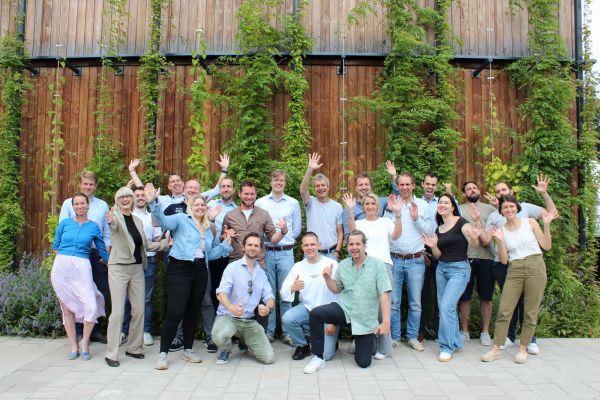
Big goals until 2050
Thanks to an investor, Novocarbo was in a good financial position right from the start, but at the beginning of 2024 the startup entered new spheres in this respect. In a financing round, it received 25 million euros from SWEN Capital Partners, a leading investor in infrastructure projects with a focus on sustainability. The new shareholder is from France, which could make it easier for Novocarbo to enter the European market, what is its stated goal.
However, the next project is based in Bochum. A Carbon Removal Park is being built there, which will bind 5,600 tonnes of CO2 per year. And that is just the beginning. The press release accompanying the financing by SWEN Capital Partners talks about removing one million tonnes of CO2 from the atmosphere by 2030. By 2050, it should be one gigatonne in total - the equivalent of one billion tonnes. To achieve that, the capacity of plants to be added is to double every year. These are extremely ambitious plans, but Novocarbo is optimistic that it will be able to realise them.
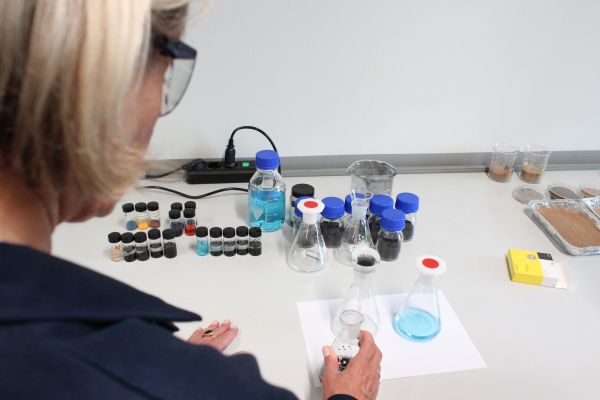
Own laboratory in Hamburg ensures special status
The demand for both biochar and the certificates rises, and Novocarbo's best-known customers include Bayer and Swiss Re. However, the competition never sleeps, but the startup has gained a head start thanks to its early market entry and the distribution network it has built up since then. Its USP is that it can cover the entire ecosystem: from biomass sourcing, high-quality biochar and heat production to the sale of certified carbon credits.The company's turnover is generated by a small team of 25 to 30 members at its core. However, with the construction of each additional carbon removal park, the number will grow rapidly.

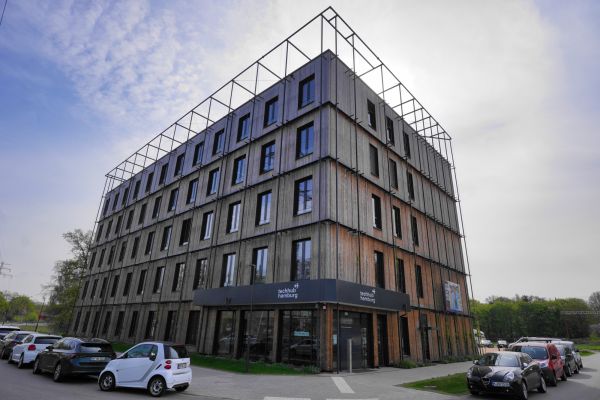
Novocarbo has had a technology & research team for a few years now, which gives the startup a certain special status. It is constantly working on improving the quality of the biochar and developing new applications. Until now, the company has lacked its own laboratory, but that changed in 2025. Novocarbo has settled in the tecHHub in Science City, which, with its laboratory facilities, offers a whole new range of opportunities for analysis and experimentation. For example, research is currently being conducted into how per- and polyfluoroalkyl substances (PFAS) can be removed from the environment using biochar. They are used in the textile industry, for example, are very difficult to break down and some are suspected of being carcinogenic. Therefore a breakthrough would be highly desirable here - made possible in Hamburg.


